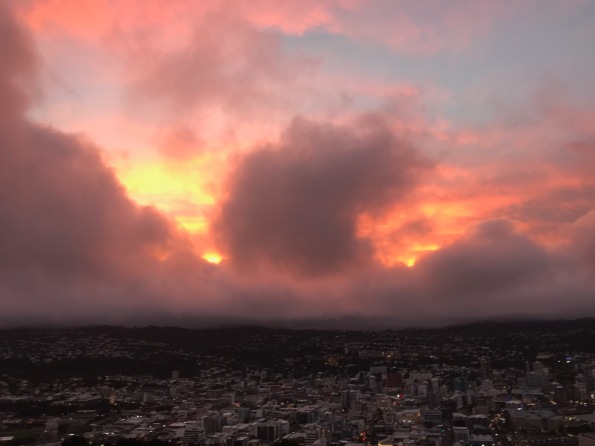Archive
COVID-19 and Privacy Concerns
Geospatial technology and spatial data are being used to tackle all major world issues, including the current COVID-19 situation. And because the COVID-19 situation is so tied to individuals and their movements over space and time, it is no surprise that needs for data bump into privacy issues. A recent article entitled, “As COVID-19 Accelerates, Governments Must Harness Mobile Data to Stop Spread” with a subtitle of, Despite privacy concerns, “contact tracing” using GPS data may be our best bet to contain this large and fast-growing pandemic, was recently published here, via MIT Press.
In the article, the authors, Shekhar and Shekhar, from the University of Minnesota and the Yale School of Medicine, respectively, argue that smartphone-enabled location tracing without explicit permission from the smartphone owner needs to be implemented without delay to save lives. The authors even lay out a specific plan for it to happen, and also comment that, “If smartphone trajectories of non-infected individuals need to be excluded for privacy reasons, the locations and times of potential exposure could be publicly shared without divulging patient names or sensitive medical information.”
No doubt that in the days and weeks to come, societies will have to make some difficult decisions regarding data and privacy, given the challenges before us.
–Joseph Kerski
Potential Harm from Geotagging Photographs
Recently, National Geographic staff wrote an interesting and thoughtful piece about the potential harm of “over-loving” a place resulting from tourists posting geotagged photographs: https://www.nationalgeographic.com/travel/features/when-why-not-to-use-geotagging-overtourism-security/
As a geographer, I confess that I have mixed feelings about this. As someone keenly interested in the protection of natural places such as caves (as a lifelong caver and a geographer), riparian zones, beaches, lava fields, prairies, woodlands, and many other special places, part of me wants to see few visitors tramping on those places. Hence, I see the point that the article makes about overexposure to places, whether from guidebooks, tweets, Instagram posts, Google map posts, or other means. But as someone who at the same time wants to know about these places so I can too can explore them, I appreciate the crowdsourcing happening on our planet–the sharing of ordinary and extraordinary places on our planet for the sheer joy of them, and telling others about them, from ordinary people–citizen scientists. Does a solution exist reconciling these two viewpoints? Please share in the comments section.
On the potential downside of geotagging photos, we wrote a synopsis of the following story a few years ago; in this case, potential harm to rare species from location-tagged data: https://spatialreserves.wordpress.com/2017/11/20/potential-harm-to-rare-species-from-location-tagged-data/
–Joseph Kerski, showing one of my favorite places and viewpoints on the planet, below. Should I share where I took this photo so others can go there and enjoy the view? Or just leave it untagged so only a few will visit?

Mystery location.
Possible implications to census data from Disclosure Avoidance System
The new Disclosure Avoidance System (DAS) being used for the 2020 US Census counts could have implications for all users of census data. First, from the National Conference of State Legislatures, see this informative overview: https://www.ncsl.org/research/redistricting/differential-privacy-for-census-data-explained.aspx. To dig deeper, see this US Census Bureau story map and this dashboard as well as this NY Times article.
From a GIS perspective, here is an essay about spatial analysis and differential privacy from Lauren Scott Griffin: https://storymaps.arcgis.com/stories/ec6d9711a3364d3db5c18fc9061e312f
And for a map-based set of examples, compare places on this Esri dashboard: https://arcgis-content.maps.arcgis.com/apps/opsdashboard/index.html#/04451f90e7b049f39aa6647a41b986ac
Why should you care? This is all extremely relevant to the central theme of this blog–be critical of the data. Know what methods are used to gather the data, and the models or algorithms employed to generate the results, and be a more informed data consumer.
–Joseph Kerski






Recent Comments